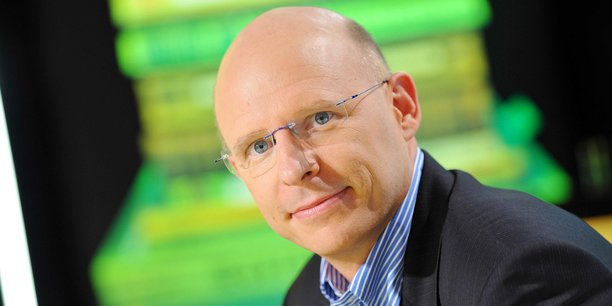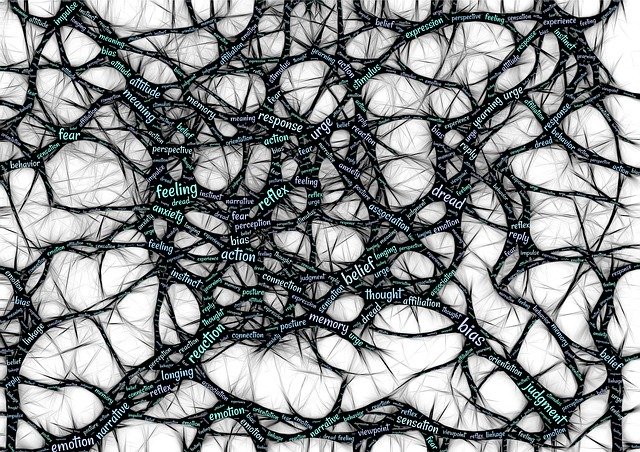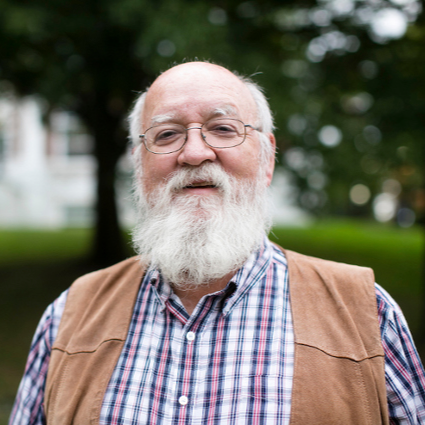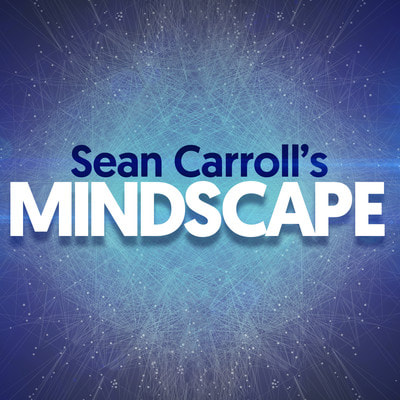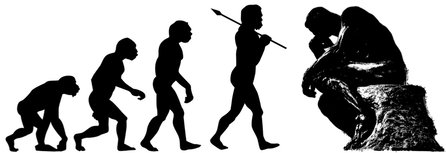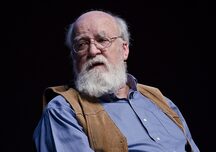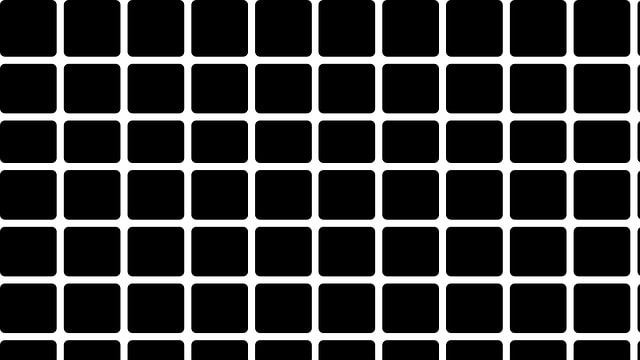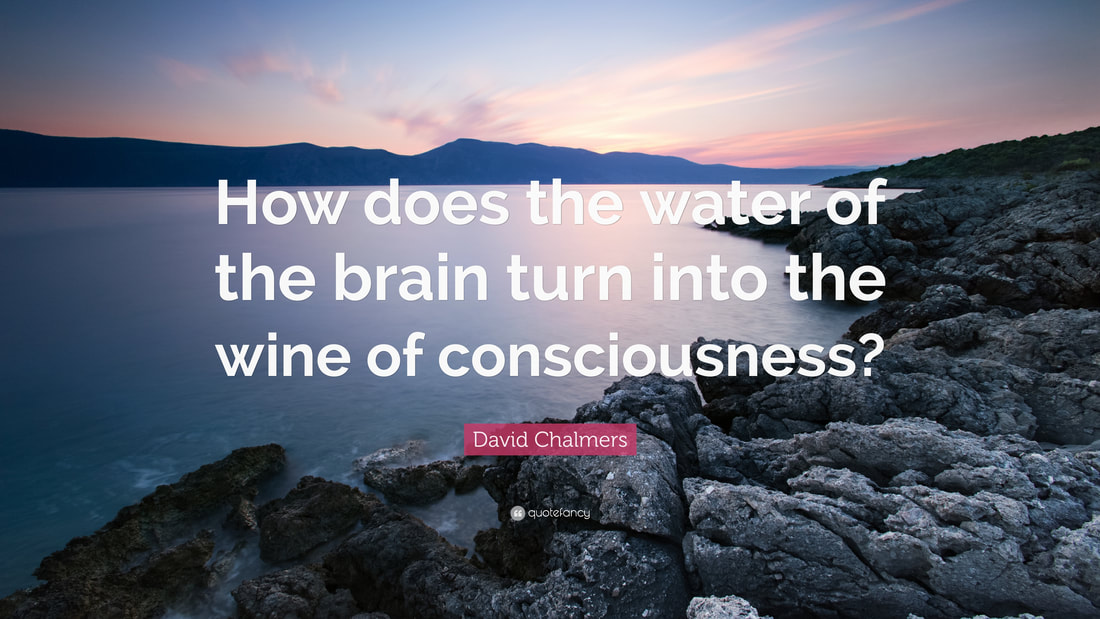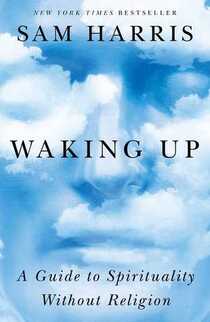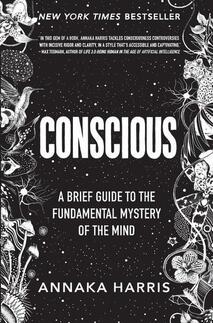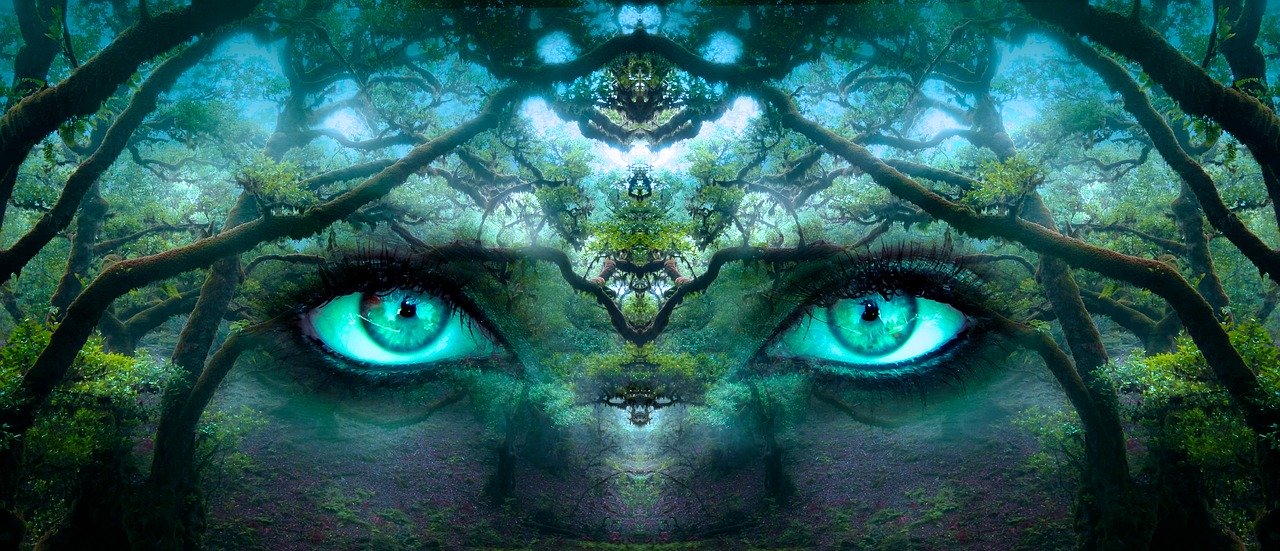One of the best guides for this world is Dr. Ginger Campbell, whose podcast Brain Science is up to 170 episodes now as of this post. Recently, Campbell posted an incredible four-part series on consciousness that was really a key inspiration for me to finally tackle this subject as well. In the first of these podcasts (called What is Consciousness?), Campbell gave her own summaries of some of the latest and best books on consciousness. Before she dives into them, Campbell notes that while they do have their differences, there are still three concepts they all share:
- Consciousness requires a brain
- Consciousness is a product of evolution
- Consciousness is embodied
While I'm always happy to hear from people with an evolutionary perspective, previous posts in this series make it clear that there are enough quibbles about the term "consciousness" to remain wary of saying it is a coherent enough concept to deserve a label. That throws into question whether a brain is required for it or not. But, if you grant each neuroscientist their hypothetical definition of consciousness, then we can understand what they are talking about and the rest of their claims remain valid within that perspective.
Okay. Time for the first summary. Campbell kicked off her series by discussing Stanislas Dehaene's book Consciousness and the Brain: Deciphering How the Brain Codes Our Thoughts. Here are the most important points from that:
- Three key ingredients were required to move the study of consciousness into the lab: 1) a better definition of consciousness; 2) methods to manipulate consciousness experimentally; and 3) a new respect for the study of subjective phenomena (compared to behaviorism).
- The definition Dehaene uses is called Global Neuronal Workspace Theory (an offshoot of Bernard Baars' Global Workspace Theory)
- GNWT states: consciousness is global information broadcasting within the cortex.
- Consciousness adds functionality, ability to hold information in mind, and flexible behavior.
- Wakefulness, vigilance, and attention enable conscious access, but they are separate things.
- Some of the main methods used to study this are: binocular rivalry, attentional blink, and masking.
- No amount of introspection can tell us how our brain works.
- Most of what our brain does is outside of our conscious access. Many phenomena do not require consciousness to occur. We drastically underestimate this.
- If our brains can do so much without consciousness, then what is it for?
- Brains make unconscious predictions as if they were using Bayesian logic, but seem to need consciousness to interpret ambiguous images. Also, consciousness plays a very important role in learning (e.g. subliminal learning doesn’t work).
- Only consciousness allows us to entertain lasting thoughts. It also allows us to create algorithms, a step-by-step way of solving a problem. It allows for flexible routing of information, and appears to be necessary for making a final decision.
- Consciousness is an important element of social information sharing. It condenses information, [making it easier to transfer].
- Our self is just a database that is filled through social experience. Consciousness is the mind’s reality simulator.
- When conscious access occurs: brain activity is strongly activated when a threshold of awareness is crossed. At that point the signal spreads to many brain areas. There are four highly reproducible signals associated with this. Signature 1: activation in parietal and prefrontal circuits. Signature 2: a slow wave called P3 that pairs late, approximately 1/3 sec after stimulus (i.e. consciousness lags behind the world). Signature 3: deep brain electrodes detect late and sudden bursts of high frequency oscillations. Signature 4: information exchange across distant brain areas.
- Virtually every circuit in the brain, cortical and subcortical, can participate in conscious and unconscious processes.
- In Global Neuronal Workspace Theory, conscious access occurs when perception, or any other signal, crosses a critical threshold and is broadcast across the brain.
- 50 milliseconds seems to be a limit for the shortest exposure to a signal that we can detect.
- We can only perceive one signal at a time. And there is a 1/3 second time lag. Error prediction makes up for this.
- Consequences of consciousness include: the ability to respond, the ability to hold ideas in our mind, and the ability to act flexibly.
- Dehaene does not show mere "correlates of consciousness" because correlation does not show causation. Correlation just finds things that are present when consciousness is perceived, and absent when it is not perceived. Dehaene's four signatures fit this. Causation would require recreation of conscious states using artificial means and this is now being done using deep brain stimulation.
- Higher brain regions do appear to be essential.
- Putting together all the evidence inescapably leads to a reductionist conclusion. The electrical activities of neurons can create a state of mind, or equally destroy an existing one.
- Dehaene thinks Chalmers swapped the labels. It is the easy problem that is hard, while the hard problem seems hard because it engages ill-defined intuitions. Once our intuition is educated by cognitive neuroscience and computer simulations, he thinks Chalmers' hard problem will evaporate.
Brief Comments
Dehaene offers lots of persuasive evidence for the brain activities that occur during events that we humans can report (i.e. conscious vs. unconscious activities). It is fascinating to see the list of functions this enables as that presumably provides some guides about what is likely to have evolved later as the long evolutionary history of consciousness has unfolded. For example, it seems plain to me that there would be a massive evolutionary advantage for a brain to be able to predict reality rather than wait 1/3 of a second for the processing of inputs. So far, that seems like a good candidate to help answer the question of what consciousness is for. I'll wait to look at more evidence from other scientists, though, before proclaiming too much. Stick around for that in the next few posts.
What do you think? Is Chalmers' hard problem fading away as our understanding of the correlates of consciousness grows? Or as we even begin to dabble in the causation of our conscious experience itself? If this is all too new or confusing to give an answer to that, I recommend trying a short video on Global vs. Local Theories that is part of a recently released introductory course on the brain and consciousness. Let me know in the comments below if that helps or if anything else would.
--------------------------------------------
Previous Posts in This Series:
Consciousness 1 — Introduction to the Series
Consciousness 2 — The Illusory Self and a Fundamental Mystery
Consciousness 3 — The Hard Problem
Consciousness 4 — Panpsychist Problems With Consciousness
Consciousness 5 — Is It Just An Illusion?
Consciousness 6 — Introducing an Evolutionary Perspective
Consciousness 7 — More On Evolution
Consciousness 8 — Neurophilosophy
